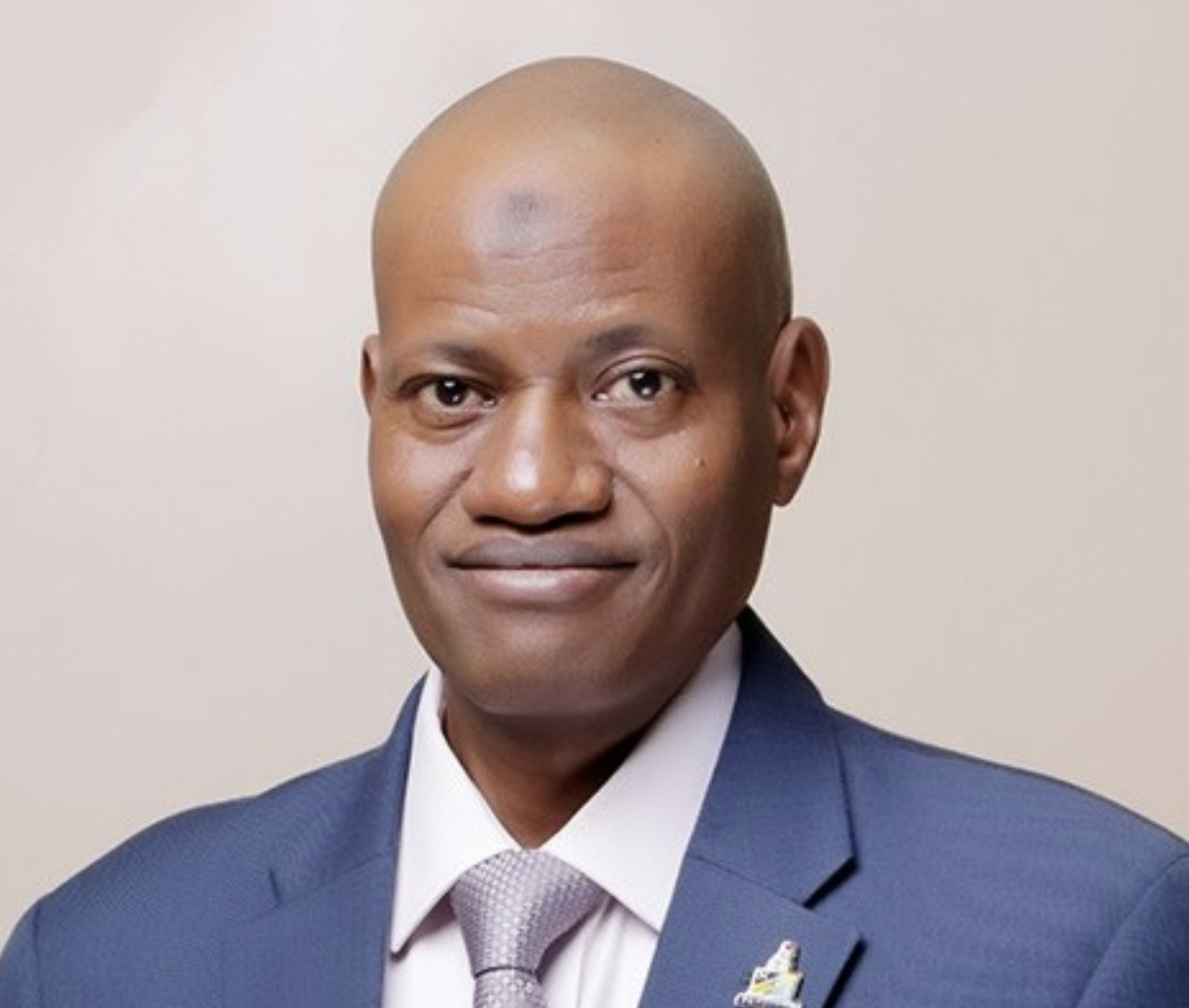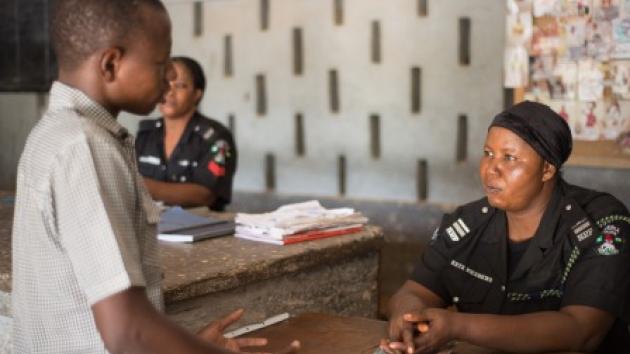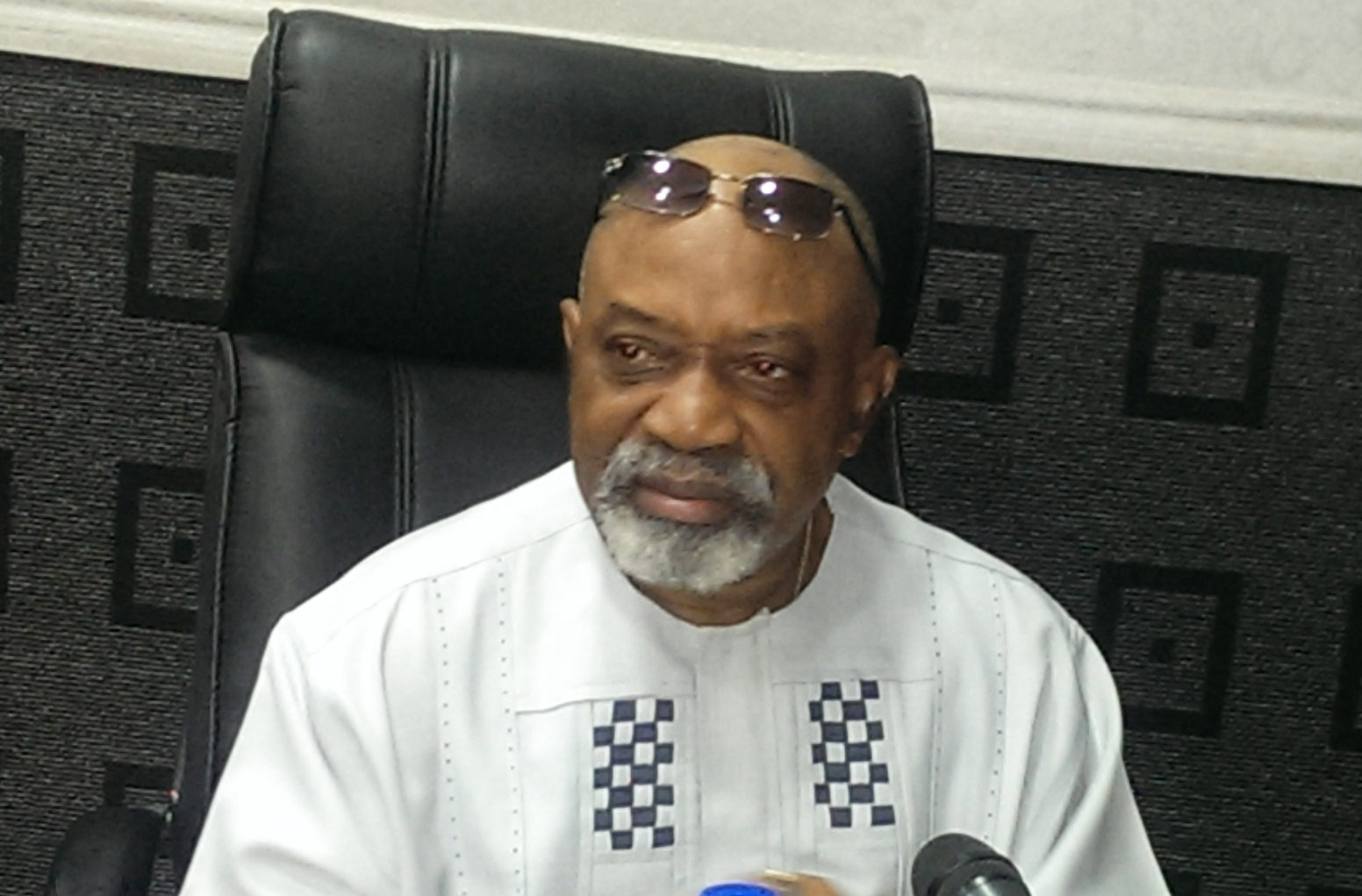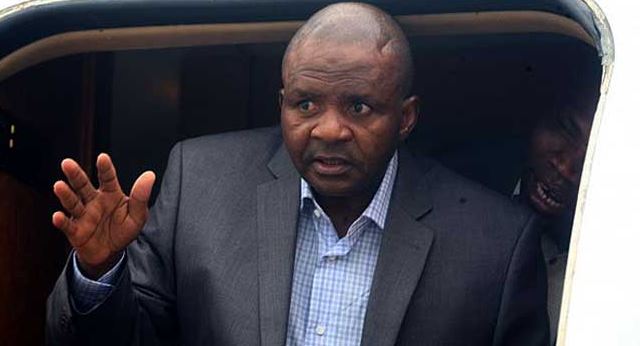Nigerian workers who are part of the contributory pension scheme can rest easy as their assets were not affected by the recession and naira devaluation in 2016, the Pension Fund Operators Association of Nigeria (PenOP) has said.
According to the association, the scheme has been largely successful since it’s establishment, with an average 10 percent return on investment in the last 14 years.
Established in 2004 under the Pension Reform Act 2004, the scheme was repealed and replaced with the Pension Reform Act 2014, 10 years later.
In June 2016, the Central Bank of Nigeria (CBN) decided to float the naira with a resultant 30 percent loss in its value against the dollar.
Advertisement
This brought about fears that growth of pension fund assets would slow down with investors switching to fixed income securities which barely guarantee a positive real return.
But speaking in a press briefing on Wednesday, Hamza Bokki (pictured), head, legal and regulatory at PenOp, said no losses were incurred before, during and after the downturn experienced in the country three years ago.
He said pension fund assets had hit N8.7 trillion as at March 2019.
Advertisement
“As an industry, we have not accepted that the devaluation cost our pensioners anything, because we’re not benchmarking our investments against any foreign denomination,” Bokki who is also the managing director, Nigerian Police Force (NPF) Pensions Limited said.
“You give us your contribution in naira, we pay you back in naira. Ours is a naira investment.
“We’ve always declared profits. There is not one time where we declared any loss.
“Over the last 14 years, this industry has given a minimum of an average of 10% return on investment every year, including 2016, 2017 and 2018. So that means for naira, we did not see any loss and as such have not reported any loss.”
Advertisement
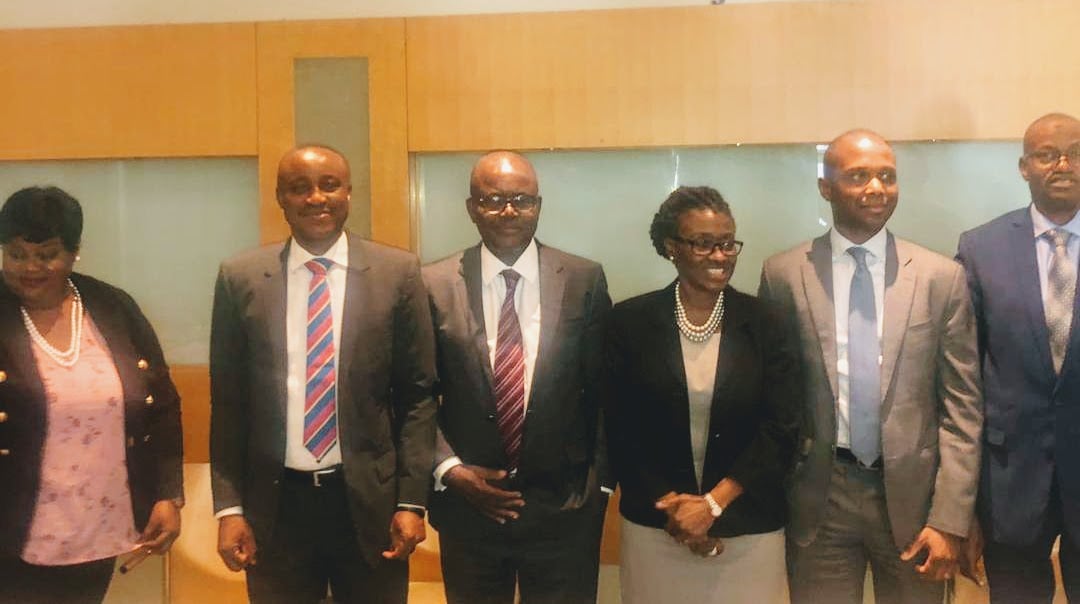
On whether a further devaluation of the naira could affect pension savings, Akeeb Akinola, vice president of the association and managing director of Shell Nigeria Closed Pension Fund Administrator Ltd said only if it gives rise to inflation should there be cause for concern.
“What you’re saving towards is a naira liability. You’re looking forward to a naira expense in the future. That’s the whole essence of your pension savings,” he said.
“Irrespective of what the exchange rate is, it really shouldn’t matter. The only concern you will have is if the impact of devaluation begins to lead to significant inflation that therefore erodes the real value of your underlying naira.”
Speaking on the possibility of having dollar-denominated pension funds in the country, Dapo Akinsanya, head, technical committee at PenOp said there are limitations to it based on National Pension Commission (PenCom) guidelines.
Advertisement
“It is something that has been of concern to us and indeed to the regulators,” he said.
“For example, the way our guidelines are, we are compelled to be mostly invested in naira. Even in a scenario where we can invest in US dollar-denominated assets, which the guidelines permit to an extent, we can only invest in US dollar-denominated assets or instruments of Nigerian entities.
Advertisement
Akinsanya, who is also the managing director of Axa Mansard Pensions Ltd said while the new multi-fund structure introduced in 2018 is expected to facilitate the diversification of investments, further variations would take place “gradually”.
“Our guidelines today…also give us room to create some natural hedges around a risker fund. For example… you can do a higher exposure to dollar-denominated instrument, eurobond specifically or asset classes that to some extent provides a kind of hedge against currency,” he said.
Advertisement
“It could be a private equity fund which is denominated in naira and offers a rate of return or strives to achieve a rate of return in US dollars or it could also be an infrastructure fund.”
“There is a case to be made for allowing greater geographical diversification of the portfolios that we manage but I think it must be a gradual process.
Advertisement
“Having foreign currency exposure also comes with it’s own risks and challenges and there is a level of expertise that is required for us to go in that direction but I think gradually, we will get there, and that has been the history of other markets. You start with your own market where you understand, where you have the expertise and then gradually you move out.”
Add a comment
